7 questions Matter still has to answer as the next big thing in smart home connectivity
A new smart home standard is here, but is it ready?
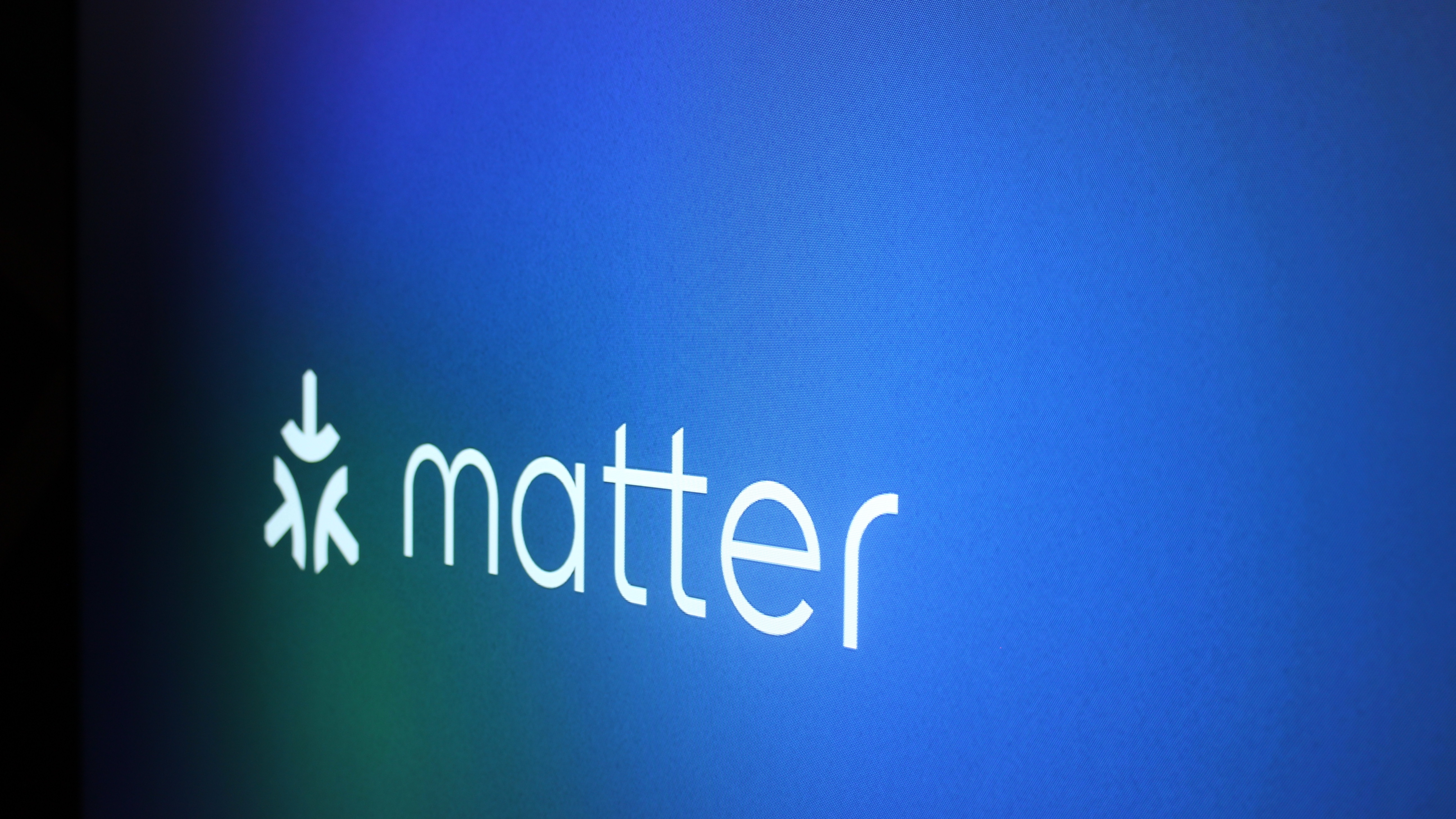
Matter is here, and promises to reinvent the smart home like never before. If you didn’t already know, Matter is a new smart home connectivity standard designed to bring total interoperability across devices previously bound to exclusive ecosystems. It means that HomeKit lights can be controlled by Alexa, and will enable Siri to work with any smart home device, to name just a couple of benefits.
The new smart home standard has been rolled out, with iteration 1.0 in the hands of developers and the first Matter-capable products rolling into the newsrooms of heavyweight smart home makers like Nanoleaf.
Matter promises to make the smart home a totally open ecosystem, with customers no longer having to worry about whether a smart home device supports a particular type of connectivity, ecosystem, or smart assistant. Yet the first iteration of anything can often be fraught with challenges, even the first Apple Watch and iPhone weren’t without their flaws. So while Matter is promising to solve a really glaring problem in the age of the smart home, there’s always a chance that it could create its own problems in doing so. As always, customers and users will also bring a sense of trepidation to the mix, especially as the strain of the cost of living crisis begins to squeeze. Here are some questions I think Matter still needs to answer before users will put their faith in it.
What will happen to my older devices?
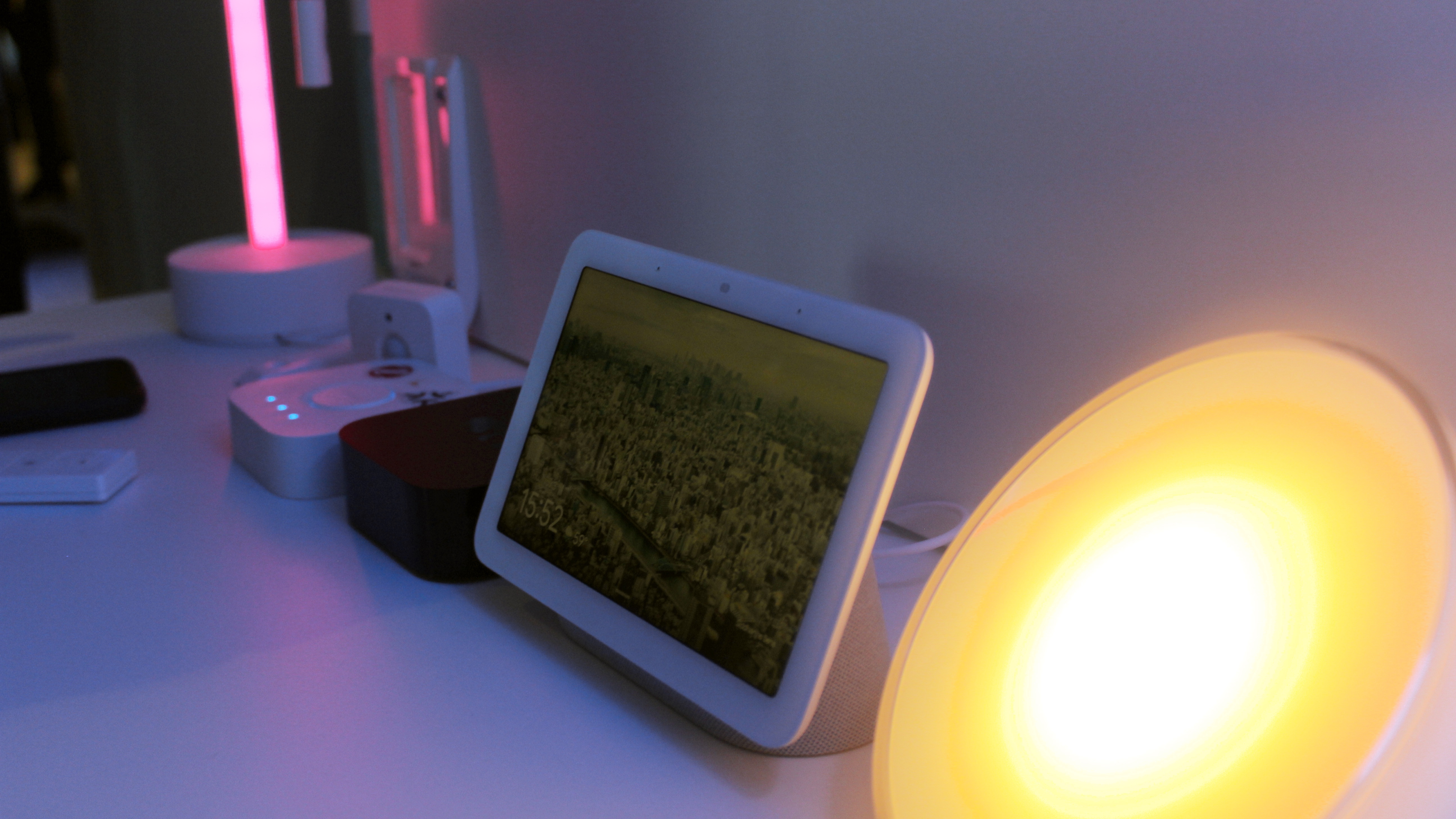
As the owner of numerous smart home gadgets, one of the first things I wanted to know about Matter was what would happen to my older devices.
Right now, Matter says “Many existing smart home products will be upgradable to Matter via software updates so keep an eye out for communications from your favorite device manufacturers on when your device may support Matter.”
To me, this is an immediate red flag, because the standard itself does not guarantee support for older devices, but rather falls upon the developers of individual products. Now some vendors, notably Signify which makes Philips Hue lights, have committed to bringing Matter support to all of its products, but other manufacturers haven’t yet followed suit.
We went boots on the ground at the launch of Matter in Amsterdam this week and talking to vendors, it’s clear that the question of what happens to your older devices really depends on who you’re talking to. Eve joins Signify as one of the most impressive companies when it comes to early device support, with all of Eve’s Thread-enabled range getting Matter support later this year. Nanoleaf this week unveiled new products for its essentials range and told iMore that technical limitations in its most-basic devices prevent Matter compatibility. Nanoleaf is undecided on support for the rest of its existing products, Philippe Delplancke told us that upgrading was both an investment and a risk that Nanoleaf would have to assess before carrying out.
Master your iPhone in minutes
iMore offers spot-on advice and guidance from our team of experts, with decades of Apple device experience to lean on. Learn more with iMore!
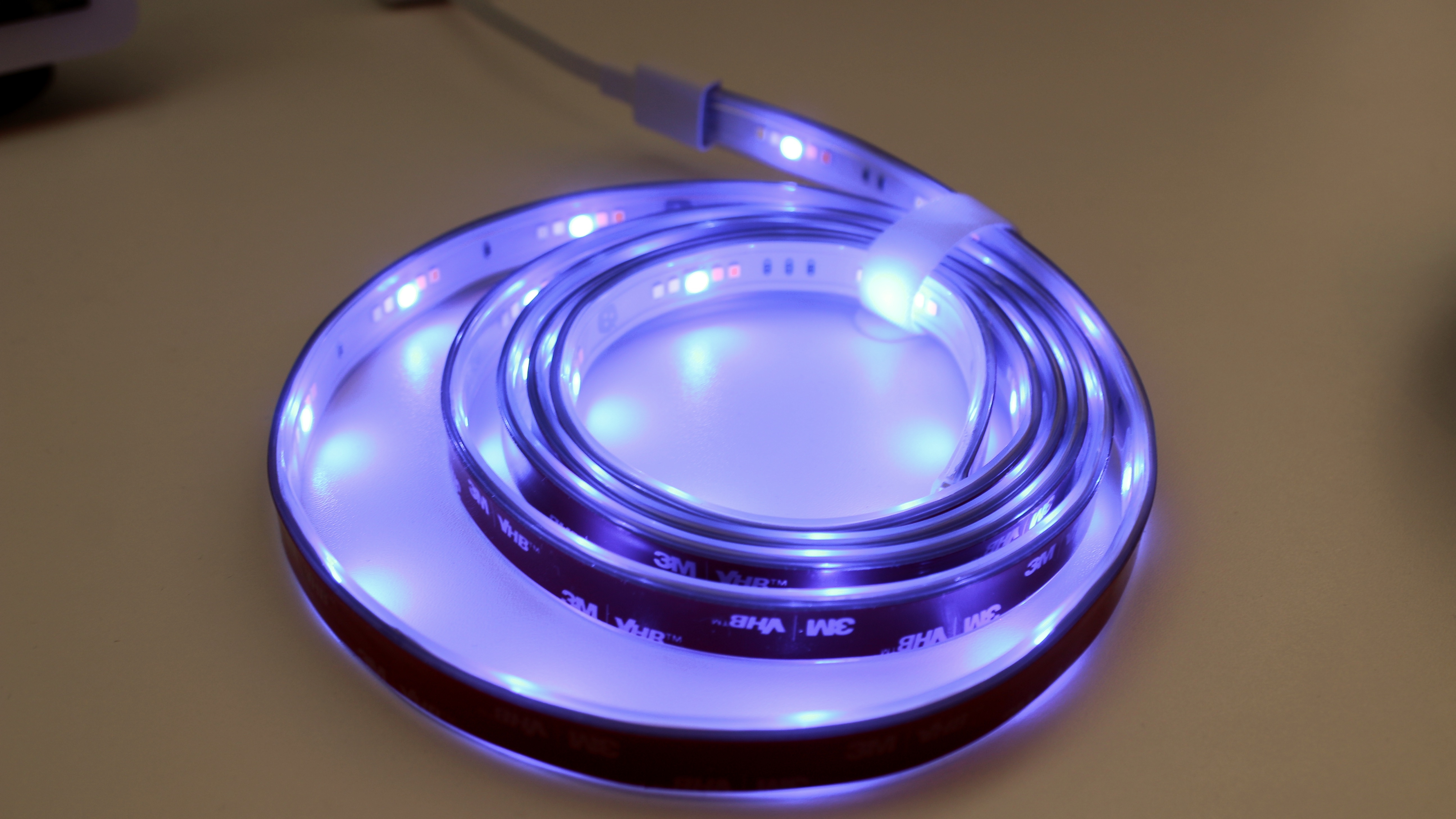
Others aren’t so lucky. “They will not, because the processor is not powerful enough,” Florian Deleuil, Marketing & Producer Director at Netatmo told us in an interview, explaining that Matter requires more memory to run its cryptographic algorithms, putting Netatmo on the back foot. However, Florian stressed that because Netatmo’s products all already work with Amazon, Google, and Apple’s home ecosystems, this won’t impact users too much in the early days.
Smart home products that use bridges including the best HomeKit hubs are at an advantage because a firmware update to a bridge can bring a whole ecosystem of products on board with Matter, this is why companies like Signify can offer Matter support for its Philips Hue range, including devices that are up to 10 years old, the same can be said of smart home vendor Schneider.
If Matter wants to be a truly revolutionary smart home solution, I think it will have to make a much stronger commitment to supporting older devices, or to pushing its companies to do this. If customers have to buy new smart home products in order to take advantage of Matter, this will create e-waste and force people to part with cash during an ever-intensifying cost of living crisis, a combination that could stall Matter before it gets out of the blocks. A problem the Connectivity Standards Alliance CEO Tobin Richardson understands well. “If you're ripping every connected device out and just putting in a Wi-Fi enabled [device] with Matter, as great as Matter is, then you're not really solving the “green” problem, you’re making it worse.”
How will I know what works with what?
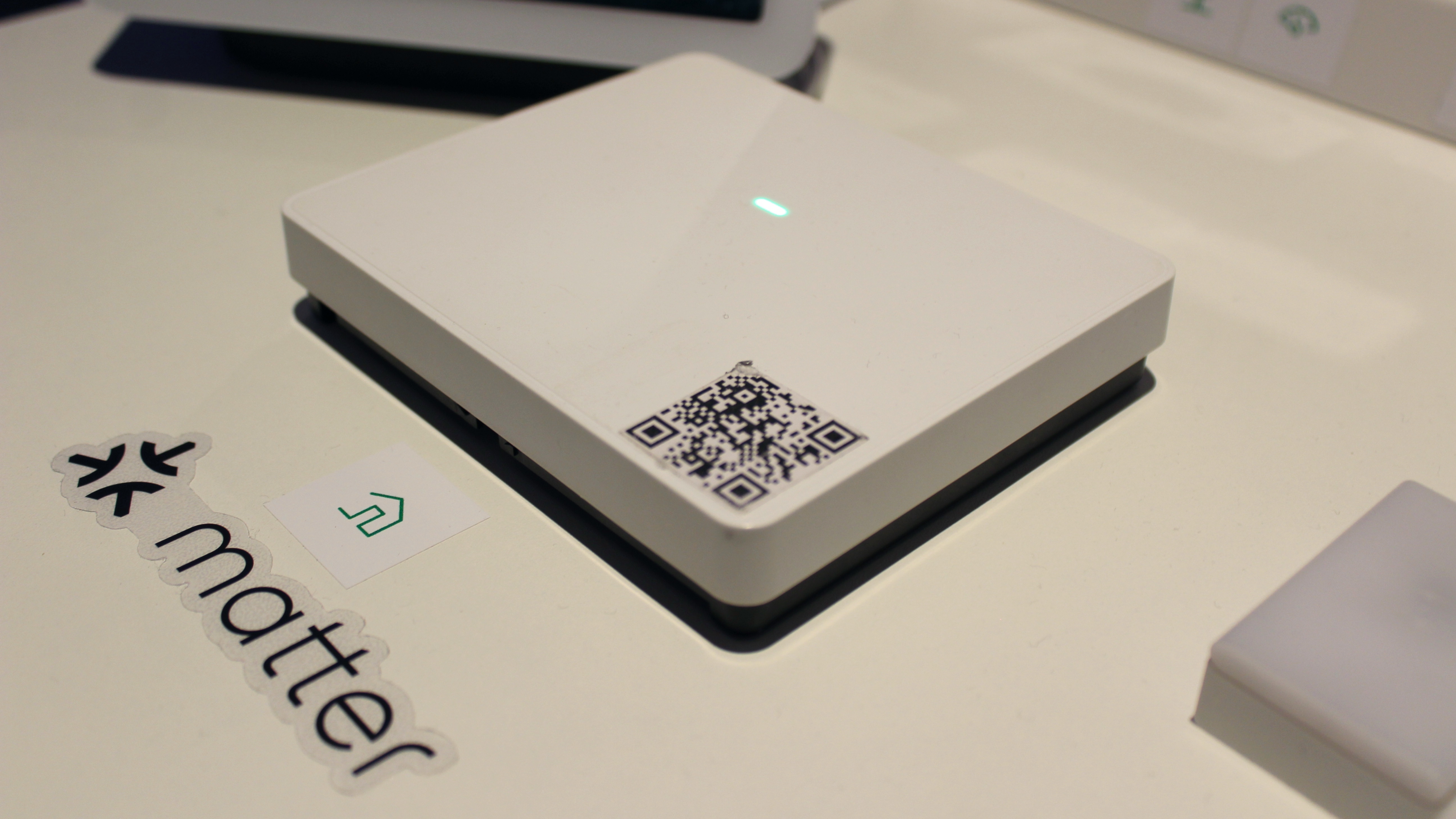
Matter is designed to make the smart home simpler, because it will remove the need to check whether a smart home device supports a particular type of virtual assistant, like Siri, or a certain ecosystem like HomeKit. Think of it in the same way as Bluetooth and audio on your smartphone, tablet, or PC. If you want to buy a wireless pair of headphones, they all come with Bluetooth, so you don’t ever have to worry about whether they will work with your headphones, you focus on features, design, and price instead. This is what Matter will do for the smart home.
However, having a new all-encompassing standard is not without confusion of its own, especially depending on the answer to the first question about older products. If some vendors support older models with Matter but others don’t, that could create confusion and fragmentation. Furthermore, not all Smart Home devices are going to support Matter, so a clear, bulletproof communication and branding strategy is absolutely vital to ensure customers know which products to buy, and which to avoid if they want to invest in Matter.
Eve told us that early iterations of Matter-enabled products could come with several different brands on the box including HomeKit, Google Home, Alexa, and Matter in its early stages, as customers won’t really know what Matter means to begin with.
What about people who choose Apple because of its commitment to privacy?
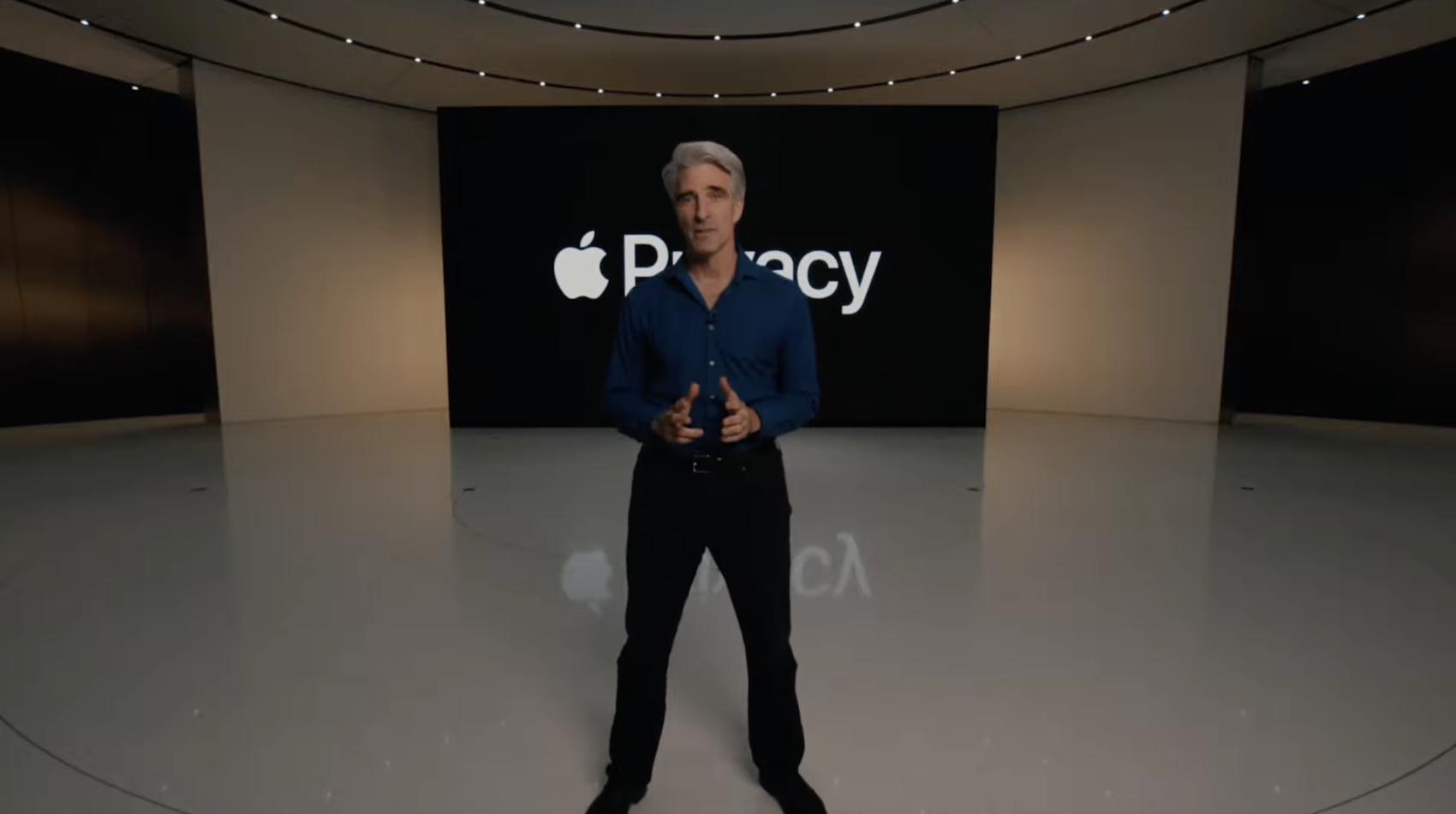
I once saw it written that whenever someone mentions Apple’s walled garden, they’re usually making a point about walls. Apple’s ecosystem, notably HomeKit, is a prime example of Apple’s commitment to user privacy, security, and trust. Lots of people choose to lock themselves into Apple’s HomeKit ecosystem because they value their data and their privacy, and trust Apple more than anyone else to handle their personal business. This is of particular value to consumers when you’re dealing with literally putting microphones and cameras, smart locks, and more inside your home. Some customers might find joy in Apple HomeKit devices that now work with Alexa or Google, but many others would be too wary to ever place a microphone owned by Amazon or Google in their home.
Matter says its security is “comprehensive and strong”. And will lean on unique identifiers to ensure rogue devices can’t join your network. It’s also built on encryption and “fine-grained access control policies” which ensure a device “can only perform the operations that it needs to perform.” Getting this message out, and delivering the results in the field will be key to Matter's success.
Chris DeCenzo, a Senior Principal Software Development Engineer at Amazon says that both security and privacy “were big tenants in the Matter project from the very beginning.” DeCenzo says Matter’s standard protocol is “ahead of anything else” in terms of security, but says that it’s right that some customers may trust big-name brands like Apple or Amazon, but might be wary of new products from smaller companies they haven’t heard of. CEO Tobin Richardson also told us the CSA is considering coming up with different, new standards on privacy, and that work is going on behind the scenes.
Should customers invest in yet another new ecosystem?

Customers may well have spent years investing in their smart home setups, buying lights, locks, cameras, and more. Many might have thought that Apple HomeKit, Google Home, or Amazon Smart Home were the final resting places of smart home development, pouring money into ecosystems that are now being surpassed by Matter. How will Matter be able to convince users that Matter is the smart home standard that will be around for years to come, especially if, as mentioned, buying into Matter full bore involves parting with your hard-earned cash to acquire new hardware? Richardson says that tech industries have always faced the questions of what is the best technology, or the right technology, the right approach. It’s clear to him Matter is the way forward. “The winning approach is one that has all the companies behind it, and it’s as simple as that.” By having everyone at the table, Richardson believes the CSA has created a standard where everybody wins.
Thread vs Wi-Fi
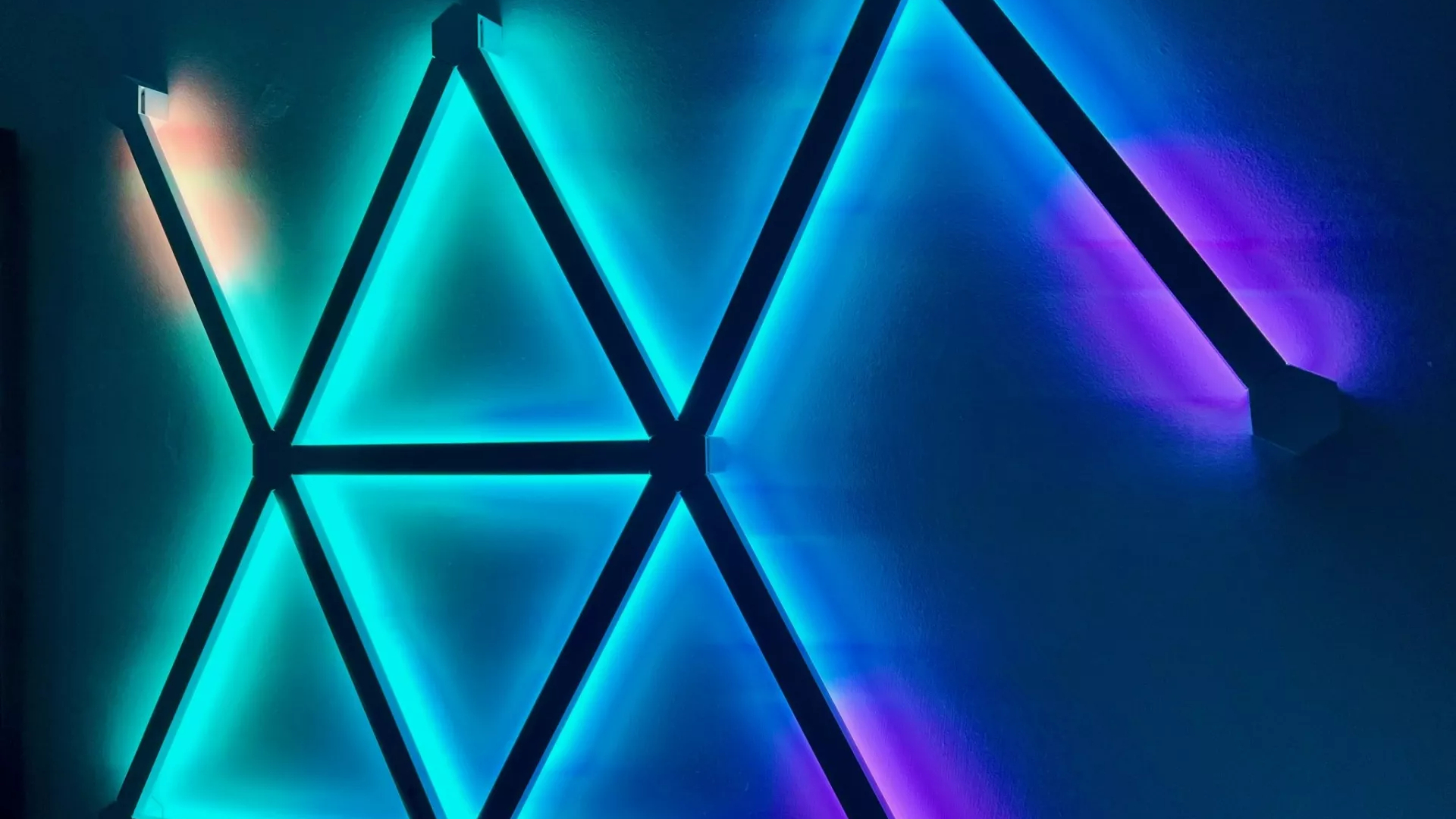
There are a few ways to connect a smart home, the major options being Wi-Fi, and a lesser-known Thread. The latter is a lower-energy, local mesh that doesn’t need Wi-Fi, and offers quite a few benefits over Wi-Fi, namely lower energy usage, snappier response times, better battery life, better security (it doesn’t need the cloud), and more. Thread is also making it easier for companies like Eve to update their older devices to Matter using firmware, something not every smart home company has laid the groundwork for. There are some limitations, however. For example, Thread doesn’t have enough bandwidth to be used in security cameras that are processing data-intensive video. Wi-Fi and Thread adoption depends almost entirely on the product in question. Thread makes sense for lower-energy products like lights, Nanoleaf’s Philippe Delplancke said the tech had a lot of benefits for Nanoleaf because of its improved reactivity, range, and reliability.
Can Matter save you money?
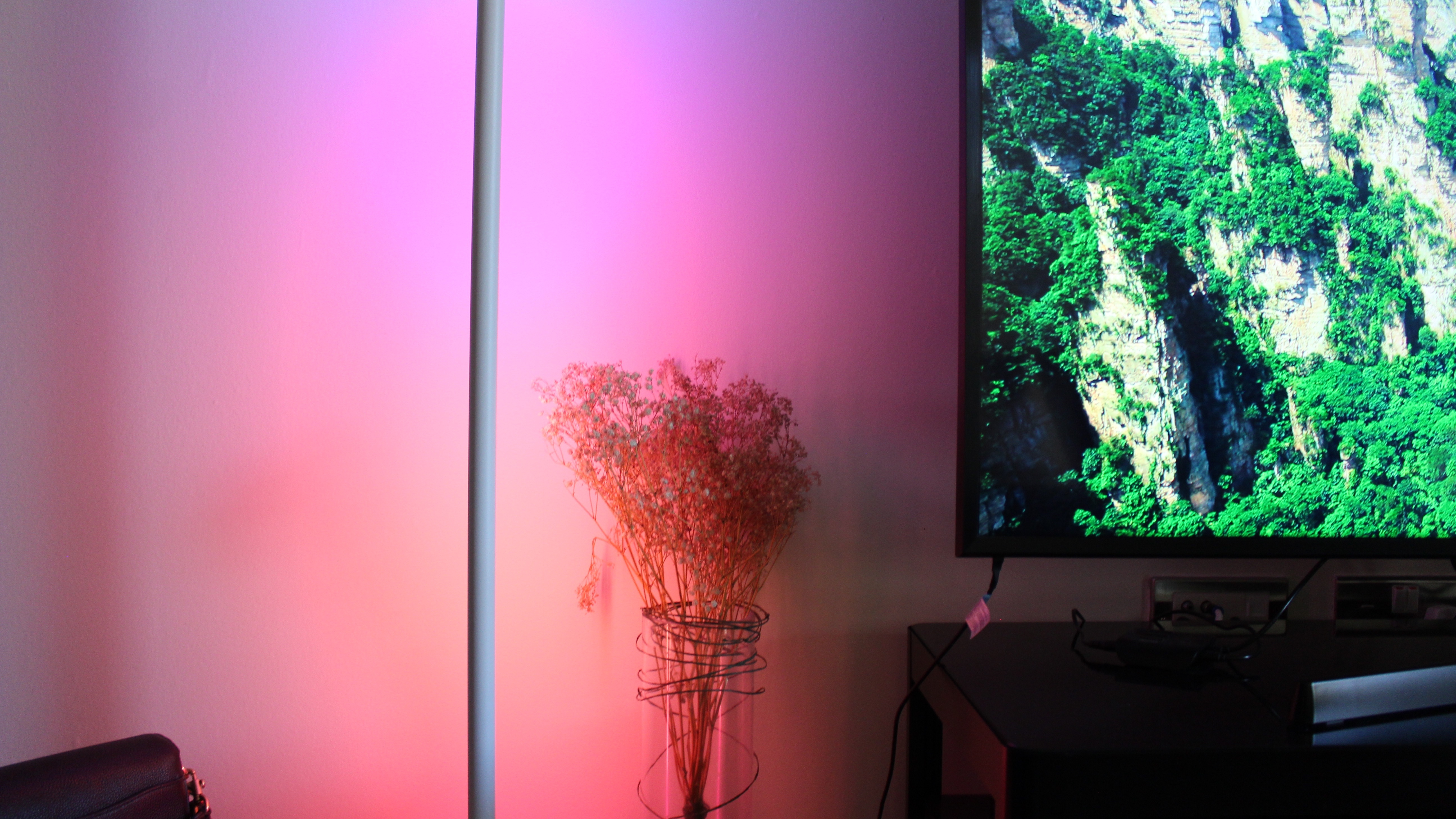
The cost of living crisis is getting worse, to the point that I personally believe it’s no longer enough to convince people why they should spend money on a particular product or service. People have to see tangible benefits, and in this case, I think one of the biggest challenges, and opportunities, for Matter, is the prospect that it can save you money.
With inflation driven up in part by rising energy costs, could a Matter-powered smart home combine the right thermostat, smart plugs, and energy monitors to give you total control over your energy usage and your carbon footprint?
As insurance and security costs rise, could a Matter smart home protect your loved ones and possessions or even bring down your insurance premiums? Will the upfront cost of replacing bulbs with LED smart lights be outweighed by future energy savings and increased lifespans?
Like a hefty investment in solar panels, I firmly believe anyone investing in the Matter ecosystem will want to see a decent return on their investment, or at least something to ease the pain of buying new smart home products. A big part of this question is the backward compatibility and support for older devices. Netatmo's Florian Deleuil also noted that Matter would also change the fee business when it comes to smart home services. With more products on the market, a customer might no longer have to pay $10 a month for a security camera’s online storage, instead using a different service.
Will it work?
This might sound like a stupid question. But lots of tech just doesn’t work. Apple prides itself on its old “it just works” adage, but plenty of Apple tech is a real pain in the backside. Even once all the questions above have been put to bed, Matter must ensure that it makes the smart home easier and more enjoyable to use, amplifying the capabilities of smart home devices, rather than limiting them or making it more frustrating. One of the key breakthroughs Matter will bring is not for customers, but for developers. Everyone we spoke to was excited about the reduction in R&D time and development costs, so that smart home accessory makers can spend more time worrying about features, interoperability, reliability, and more, instead of worrying about compatibility issues.
The smart home's future looks bright, not just because of smart bulbs. But Matter has a tough few months ahead of it as it looks to deliver on the promise of a more welcoming, accessible, and interoperable smart home for everyone.

Stephen Warwick has written about Apple for five years at iMore and previously elsewhere. He covers all of iMore's latest breaking news regarding all of Apple's products and services, both hardware and software. Stephen has interviewed industry experts in a range of fields including finance, litigation, security, and more. He also specializes in curating and reviewing audio hardware and has experience beyond journalism in sound engineering, production, and design. Before becoming a writer Stephen studied Ancient History at University and also worked at Apple for more than two years. Stephen is also a host on the iMore show, a weekly podcast recorded live that discusses the latest in breaking Apple news, as well as featuring fun trivia about all things Apple. Follow him on Twitter @stephenwarwick9
